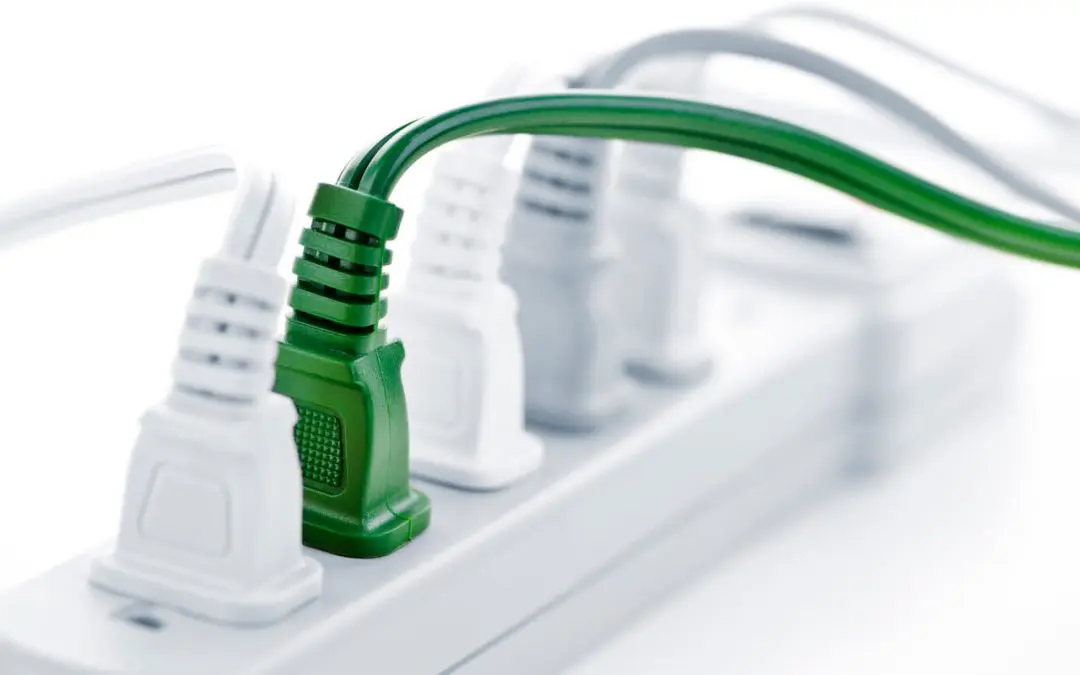Electricity powers our homes and daily lives but can create safety hazards when not handled properly. Electrical issues are a leading cause of house fires and injuries, yet many homeowners often overlook safety precautions. Taking proactive steps for electrical safety is crucial for protecting your home and family. In this blog post, we’ll explore some key tips and practices for maintaining electrical safety in your home.
1. Inspect and Upgrade Wiring for Electrical Safety
One of the most critical components of home electrical safety is the wiring. Over time, wiring can degrade, become faulty, or fail to meet modern safety standards, especially in older homes. Common signs of faulty wiring include flickering lights, burning smells, or buzzing noises when appliances are used.
If your home is over 30 years old or if you notice any of these warning signs, it’s a good idea to have a licensed electrician inspect your wiring. If necessary, upgrade the wiring to handle the demands of modern electrical appliances and prevent potential fire hazards.
2. Use the Right Wattage for Light Bulbs
Using light bulbs with a higher wattage than a fixture is designed to handle can cause overheating, which increases the risk of fire. Always check the maximum wattage rating on your light fixtures and lamps before installing bulbs. When in doubt, using energy-efficient LED bulbs reduces the risk while lowering energy consumption.
3. Use Ground Fault Circuit Interrupters (GFCIs)
GFCIs protect against electrical shock by shutting off power when an electrical fault is detected. These outlets are especially important in areas where water and electricity may come into contact, such as kitchens, bathrooms, garages, and outdoor outlets. If your home doesn’t have GFCIs in these areas, have them installed by a professional electrician.
4. Practice Safe Use of Extension Cords
Extension cords are convenient, but they are not meant for permanent use. Over time, they become worn, leading to electrical shorts or fires. Inspect extension cords regularly for signs of fraying or damage.
If you regularly rely on extension cords, add more outlets to your home. Also, avoid plugging high-wattage devices like space heaters or air conditioners into extension cords, as they can overload the cord and cause it to overheat.
5. Educate Your Family About Electrical Safety
Finally, one of the best ways to maintain electrical safety in your home is to educate your family, especially children, about the dangers of electricity. Teach them to never stick objects into outlets, to avoid yanking cords from the wall, and to recognize the signs of electrical hazards.
Install tamper-resistant outlets to protect young children from inserting objects into them. These outlets have spring-loaded shutters that close off the receptacle slots unless a two-pronged plug is inserted.
Electrical safety is an essential aspect of homeownership that requires ongoing attention. Following these tips and regularly maintaining your electrical system will reduce the risk of accidents and create a safer home for your family. When in doubt, always consult a licensed electrician to assess your home’s electrical needs. They’ll provide expert advice and make sure your electrical system meets current safety standards.
Electrical Safety FAQs
Why does my circuit breaker trip so often?
A circuit breaker trips to protect your home from electrical overloads. If it trips frequently, it could be due to too many appliances drawing power from a single circuit, faulty wiring, or a short circuit. Have an electrician assess the situation to determine the cause and make necessary repairs or upgrades.
What should I do if an electrical outlet sparks?
Occasional small sparks when plugging in an appliance aren’t uncommon, but if an outlet sparks frequently or if you see large, sustained sparks, this is a sign of a dangerous problem. Turn off the power to the outlet at the breaker box and contact an electrician. Sparking outlets can be caused by loose connections, damaged wiring, or faulty outlets.
Are space heaters and portable AC units safe to use?
Space heaters and portable AC units are safe if used properly, but they consume a lot of power and can overload circuits or cause fires if left unattended or plugged into extension cords. Always plug them directly into a wall outlet, avoid flammable materials, and never leave them running when you’re not in the room.
Delta Home Inspection offers inspection services to customers in Mobile and Baldwin Counties in Alabama. Contact us to request an appointment.
